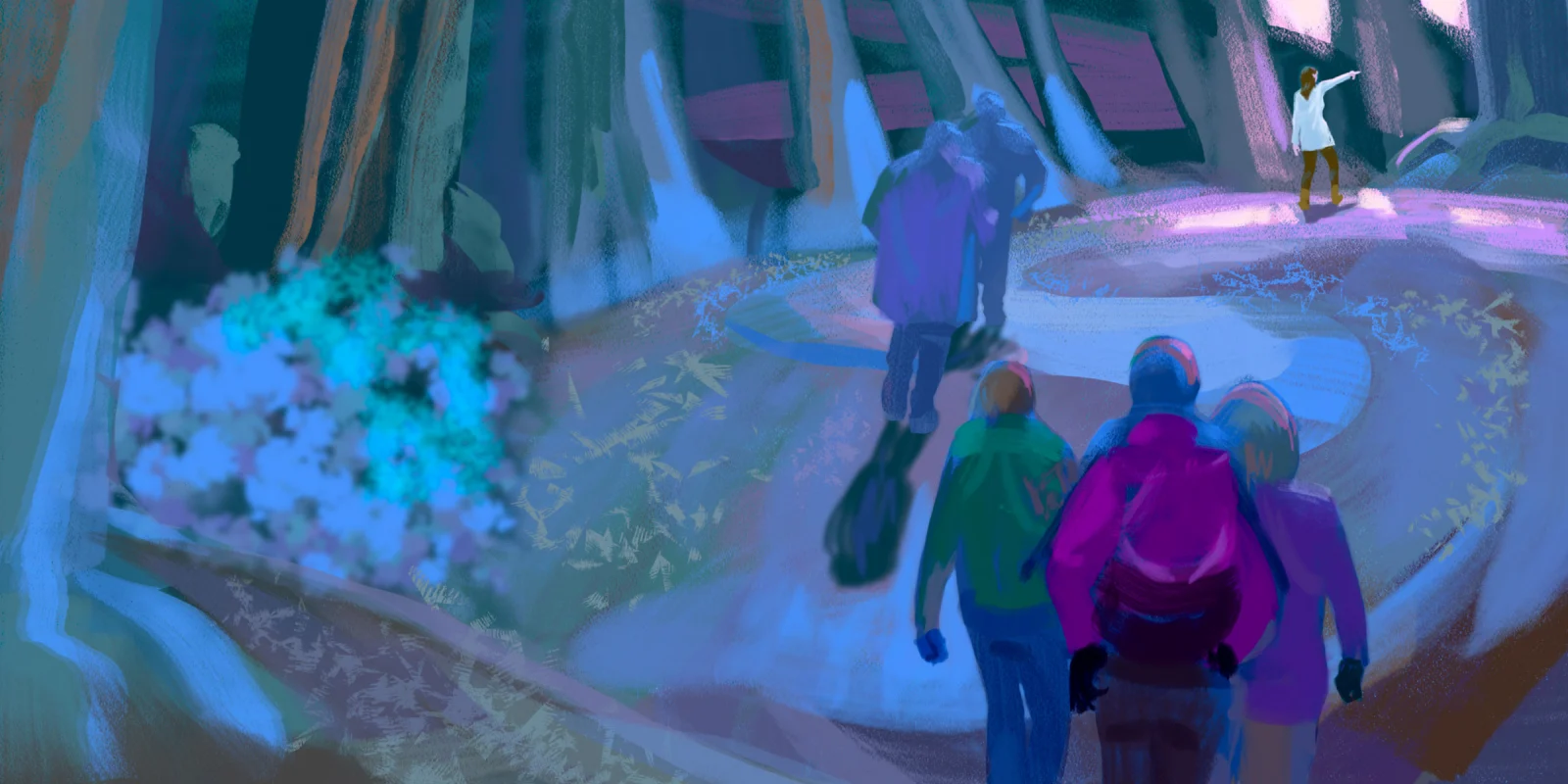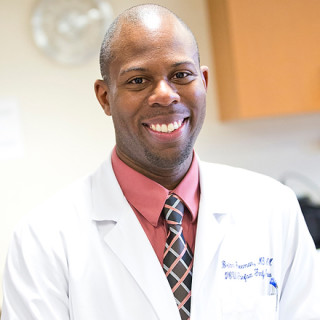When I was still pre-med, a senior internist advised me to internalize an essential philosophy for a young doctor-to-be. The philosophy was simple: there are three types of knowledge. The first type of knowledge is what you know. The second is knowledge you know you don’t know. This is obviously inferior to the first type, but manageable if self-study commences to move that knowledge into the first realm. Lastly, and deadly in caring for patients, is when a person does not know what they do not know. Recognizing a patient is hypotensive but not knowing why can be solved. Not recognizing hypotension is a problem that could turn into a disaster.
While not knowing what we don’t know is psychologically damaging, knowing what we don’t know can be freeing and empowering.
As a new second year resident, a 67-year-old woman, whom I will call Mrs. Murphy, presented to the office for her first visit with me. The first thing she said was, “I want to be tested for ADHD.” She was having insomnia and forgetfulness. Worse, her husband was growing frustrated with how the house was not cleaned in a timely manner and dinner was increasingly being served late. She had been taking an antidepressant for more than 10 years for depression, which was stable until recently.
I thought it was odd that a 67-year-old would want a new evaluation for ADHD, so I probed for more information. She was a former school librarian who had retired about a year prior. Her children were all living out of the area. When she was working, she would also volunteer with her church, which kept her out of the home from 8 a.m. to about 7 p.m. most days. This was the first time she and her husband interacted for prolonged periods of time in 30 years, and she felt lost without work to wake up for.
After a discussion with my attending, I increased her antidepressant to the max dose because she was likely going through an adjustment period and I hoped this would help her get through. I also referred her to our counselor because I had the feeling something more than her recent retirement was bothering her.
Sure enough, Mrs. Murphy did not know what she did not know. With counseling, she was able to explore the realities of her marriage and childhood.
In counseling, she spoke about how her father was overbearing and an alcoholic, and Mrs. Murphy never got a chance to express her thoughts or desires growing up. Her mother, trying to survive, was quiet and did not confront her father when he yelled at the children. Mrs. Murphy grew up to resent her parents, and after she graduated high school, she married her husband as a way of fleeing her parents. But Mrs. Murphy found out that her husband treated her the same way her father had.
“Your thoughts matter,” the counselor said to Mrs. Murphy. A light bulb flickered on and she started crying. She finally knew what she did not know. All of her life she was made to feel insignificant, that her words and thoughts did not matter. That’s what was causing her inattentiveness and emotional stress. As a librarian, she forced herself to be busy so she wouldn’t have to face her husband. Retired, however, she had no choice. She, just like her mother, never felt self-assured enough to stand up for herself. The associated anxiety presented itself in Mrs. Murphy as being forgetful and inattentive.
Over the next year, I saw Mrs. Murphy several more times. We were able to wean her off of her antidepressant completely, and she found the courage to set boundaries for her husband. Finding out what she did not know was life-changing, as it gave her the opportunity to develop agency over a problem she thought was hopeless.
During the coronavirus pandemic, I’ve encountered patients with anxiety that have bubbled to the surface seemingly without any explanation. They stay up at night, are restless, and develop chest pain. Often, the anxiety has driven the patient to cope with alcohol or other drugs. Other times, patients who are ready to discharge are afraid to leave, due to fear of being unmonitored and risking infection from COVID-19 at home.
The coronavirus pandemic seems to have increased the frequency in which I encounter these patients. Like Mrs. Murphy, many of them don’t know what triggers their thoughts and worse, their maladaptive coping behaviors. The most psychologically-damaging feeling patients experience is helplessness — in a state of free fall, without any idea of how to manage. I also can tell on most occasions that there is a reason for their anxiety — one that they don’t know they don’t know.
I find myself recalling Mrs. Murphy’s example in my response to these patients. While many clinicians are currently stretched thin trying to keep patients alive, we can also affect patients’ quality of life by acknowledging their heightened anxiety. In guiding our patients from the third type of knowledge to the second, let us be open to probing them more during our interactions. Patients may not consciously know why they are anxious but with some guidance, they can better understand their emotions and thus their behaviors. We cannot be the counselor and the clinician at once. However, we can develop a heightened index of suspicion for a presentation that needs more exploration and refer to those who can find the root cause. In this way, we can advocate for our patients beyond their physical health and use the coronavirus pandemic to improve patients’ self-knowledge, which is powerful in its own right.
Dr. Freeman is a family physician and hospitalist with the Hospitalist Associates of Virginia, as well as a physician at Pathways Residential Treatment Center. He graduated from the University of Louisville School of Medicine and completed a residency in family medicine at VCU/Fairfax Family Practice. Prior to joining the hospitalist group, he was the Director of Adult and Family Medicine at Johnson Health Center and a National Health Service Corp Scholar. His interests include addiction medicine, primary care management of mental health disorders, and patient and family communication. Outside of work he enjoys spending time with his wife and three children, as well as real estate investing. He is a 2020–2021 Doximity Op-Med Fellow. Dr. Freeman has no conflicts of interest to disclose.
All names and identifying information have been modified to protect patient privacy.
Illustration by Jennifer Bogartz
Click here to see more perspectives on COVID-19 from the Doximity network.
Click here for up-to-date news about COVID-19 on Doximity.







